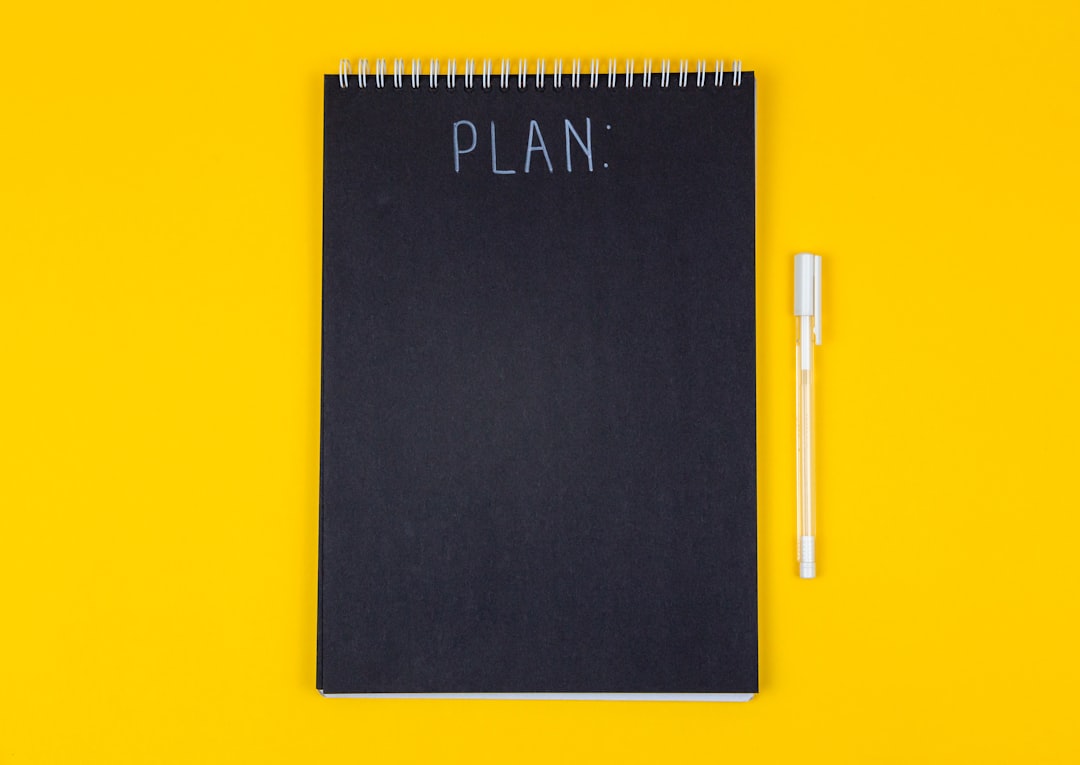10 Proven Strategies for Writers to Boost Focus and Enhance Creativity
Searching for more writing time? Try these tips!
I can’t give you more hours in the day, but I can share effective tips to help you focus (my 2024 word, by the way - what’s yours?). Let’s discuss…

For writers aiming to maintain focus on writing, it's essential to create an environment and habits that support our creativity and productivity. Ten strategies I use that you may find helpful:
Find/Create A Dedicated Writing Space:
When I first started writing professionally, I was recently separated, in a tiny house, with not an iota of space for a desk. So, I got a laptop and wrote wherever and whenever I could.
This did not work very well.
Fast-forward to today: I have my own office in my home. I only do my work in my office, and when I’m done, I close the door. This not only gives me my own unshared space (well, except for Pip who has no sense of personal space), and surprise! My productivity and output have increased immeasurably.If you’re able, create a space designated solely for writing. This can be a specific room or a corner in a room, a local cafe or library, or your favorite chair.
The idea is to associate this space with writing, so when you sit there, your mind automatically switches to writing mode.Set Clear Goals:
I used to be so much better about this. I had daily, weekly, monthly, bi-yearly, annual goals. Now I hope to get through my daily to-do list (especially right now with the holidaze). Crazy.
So I’ve started up again, and I’m sticking to it. I’m working only with weekly goals, and all writing counts! A blog post, a newsletter, a guest article or post, even a social media thread. It all adds up.
Establish daily or weekly writing goals. These could be based on word count, pages, or even time spent writing. Goals help keep us accountable and provide a clear sense of direction.Scheduled Writing Times:
I know I’m much more productive between the hours of 8 to 3 pm pst, so I fit in important things in the first few hours of the day, including writing.
This is true for most people due to decision fatigue - a recognized phenomenon where the more decisions a person makes over the course of a day, the more physically, mentally, and emotionally depleted they become. A person experiencing decision fatigue struggles with executive functioning. This can have a wide range of consequences, including impaired judgment. (Source: Cleveland Clinic)
Consistency is key. When are you most productive and clear-headed? Schedule specific times for writing each day or week. Treat these times as non-negotiable appointments. This helps in building your writing habit.Minimize Distractions:
The issue with having no set space to write? You’re more accessible. If my kids saw me on the sofa with my computer, they were on the sofa.
Now they know that if my door is shut, they are to open only in case of emergency (helps that they’re both adults now). But even for young kids, a shut door sends a loud message.
What about one of the biggest distractors of all - social media? Shut it all down while you write. It will still be there when you have time. But first, identify what commonly distracts you and find ways to minimize these interruptions.
This could involve turning off phone notifications, using apps that block social media, or writing at times when you're less likely to be disturbed.
More tips here:How Writers Can Leverage Social Media to Boost Success
·The question of whether writers must use social media is kind of like asking if you need to put ketchup on fries. Some people swear by it, while others opt for mayo, vinegar, or nothing at all (my preference). The answer hinges on what you're aiming to achieve with your writing career.
Take Breaks and Exercise:
I take walks outside at least five days per week (depending on the weather - I’m in NorCal, so summers are brutal, but the rest of the year is walkable). Purposeful, fast strolls of about twenty minutes. If I have time later in the day, I’ll go up and down my stairs a few times.
What has really helped: getting an Apple Watch (basic model) and setting reminders for me to stand up, walk around, grab water, etc.
It might seem counterintuitive, but regular breaks can actually improve focus and productivity. Also, incorporating walks or other forms of exercise into your routine can clear your mind and reduce stress, which can indirectly improve your writing focus.Photo by Daniel Fazio on Unsplash Set Boundaries:
I mentioned the closed door above, which is a physical boundary. What about other boundaries? Emotional, psychological, and mental boundaries count just as much.
We often feel overwhelmed if we let everything in. So choose what deserves your focus and attention.
Communicate with the people around you about your writing time and space. Setting clear boundaries helps in reducing interruptions and allows you to focus more on your writing.Join Writing Groups or Communities:
I’m part of a few wonderful writing groups and DM (direct message) groups on Facebook and X that are dedicated to writing. I love my groups! However, I have rules: no checking in the evening after I’ve shut my office door.
Being part of a writing community can provide accountability, motivation, and support, and sharing progress and challenges with fellow writers can be encouraging. Start small - research a few groups on Facebook (easiest for most writers), join one group (e.g., by genre), and see if it’s for you.Read (And Other Pursuits):
Most writers are avid readers, right? Well, don’t stop reading because you’re writing. I know; sometimes it feels too loud to read while we’re writing.
When that happens, I write something else. A journal entry. A feeling. A word.
Changing course can help your creativity flow.
Don’t feel like writing? Read for a bit. Listen to music. Look at some art. You’ll walk away refreshed.Photo by engin akyurt on Unsplash Did you know that reading widely can not only provide inspiration but will also improve your writing skills? As you enjoy reading, integrating this into your routine can also enhance your writing indirectly.
***
“You should write because you love the shape of stories and sentences and the creation of different words on a page. Writing comes from reading, and reading is the finest teacher of how to write.”— Annie Proulx
Mindfulness and Meditation:
I’m not the best at these practices, but I have found it helpful to set my watch for mindfulness breaks (you focus on a moving woo-woo pic like the one above) for one minute. That’s it.
That may be all it takes to help you settle into writing. Learn more about mindfulness for writers here on the Headspace App. Deep breathing is also very calming and helps me settle.
These practices can improve our concentration and mental clarity, aiding in better focus during writing sessions.Professional Support:
Lastly, if writing is part of your career and mental health is important to you, consider seeking support from a trauma recovery coach or therapist who specializes in working with creative professionals.
(You can also work with a consultant like me! Mention this post and I’ll extend a 30% discount on any monthly package. See more here. I also recommend Jane Friedman for anything publishing related.)
A professional can provide personalized strategies and support to manage any underlying issues that might be affecting your ability to focus on writing. I highly recommend the International Association Of Trauma Recovery Coaching here.
Remember, we’re all different, so it's about finding what works best for you. Experiment with these strategies and see which ones help you stay most focused and productive in your writing journey.
***
Thank you for reading, and if you’d like to visit all of my past posts, click here! And don’t forget to hit that subscribe button ⬇️







Loved this, Rachel. I'm a big list maker and find when I write a short, daily list (2-3 items max) I am more likely to stay on task and complete it.